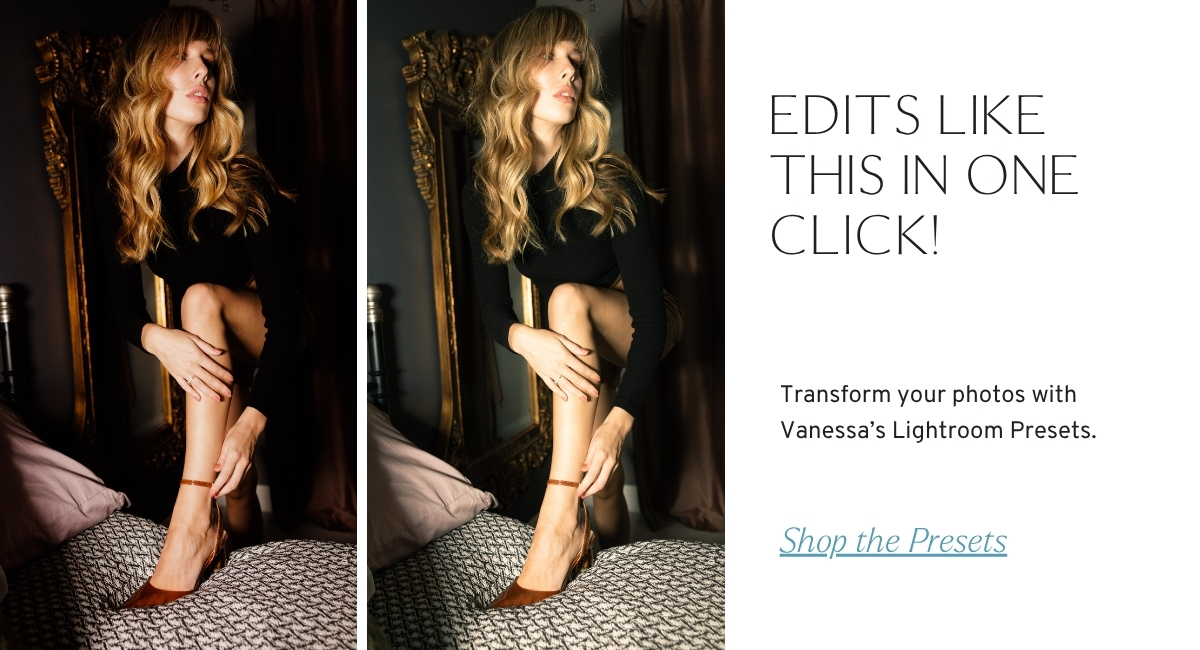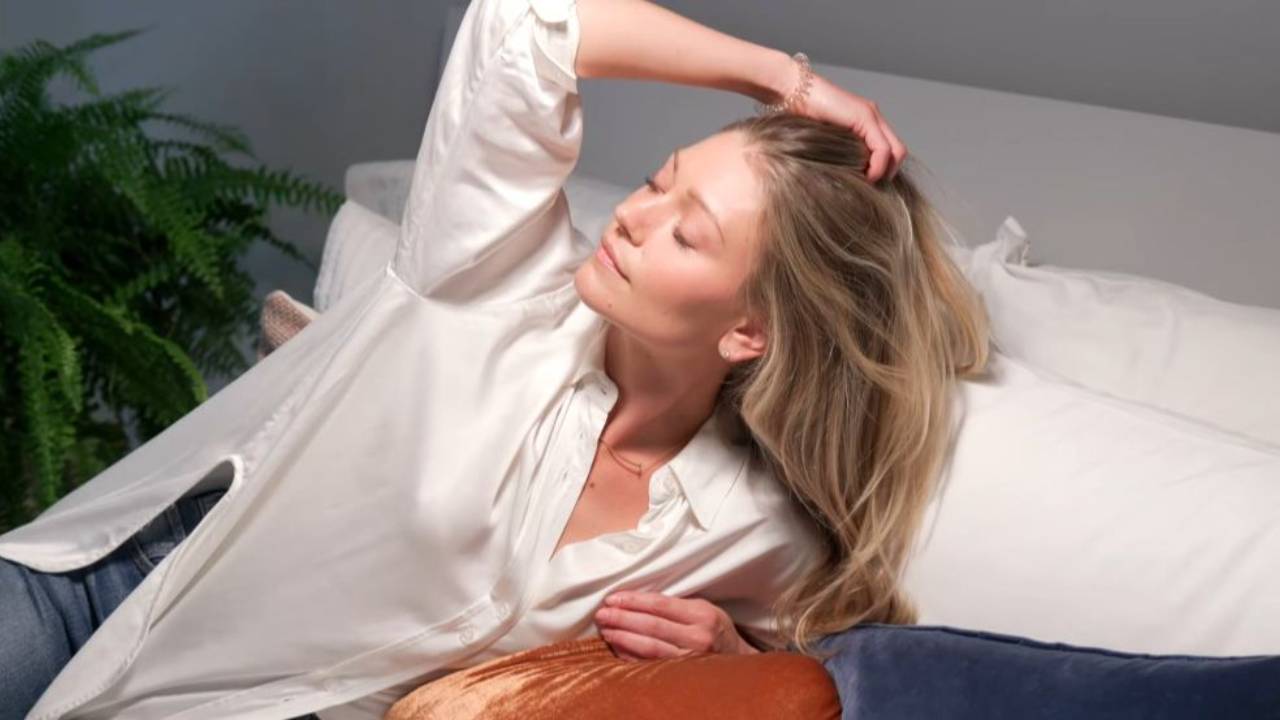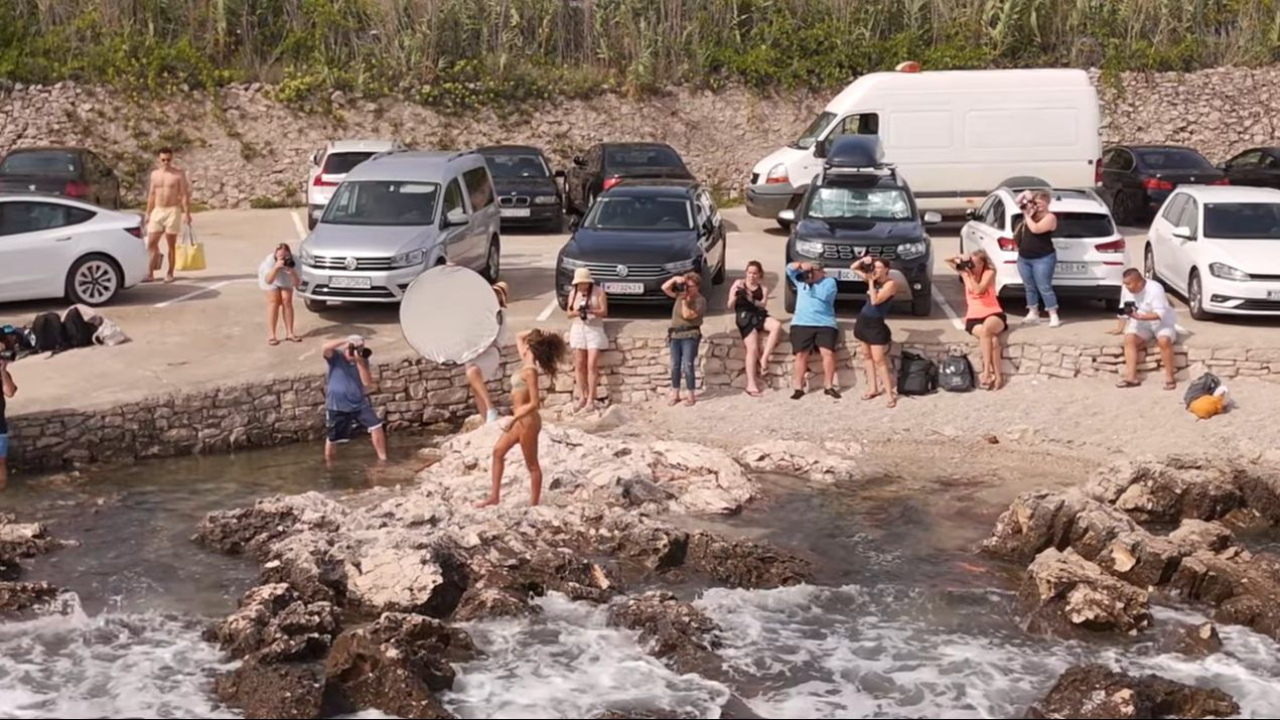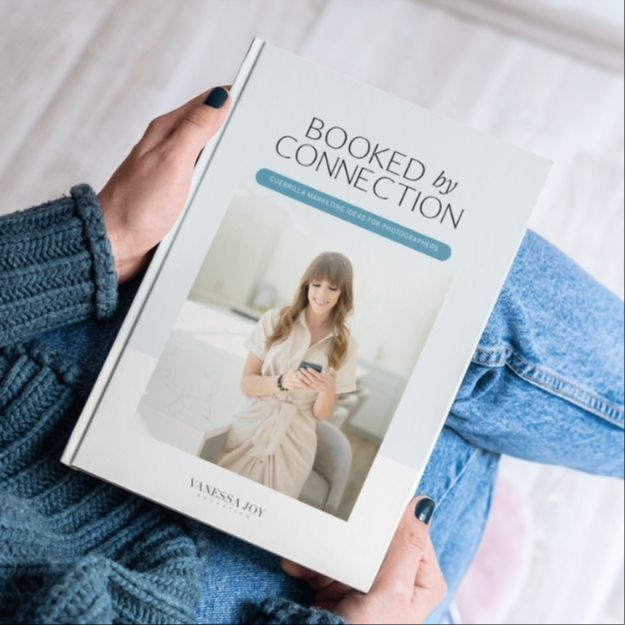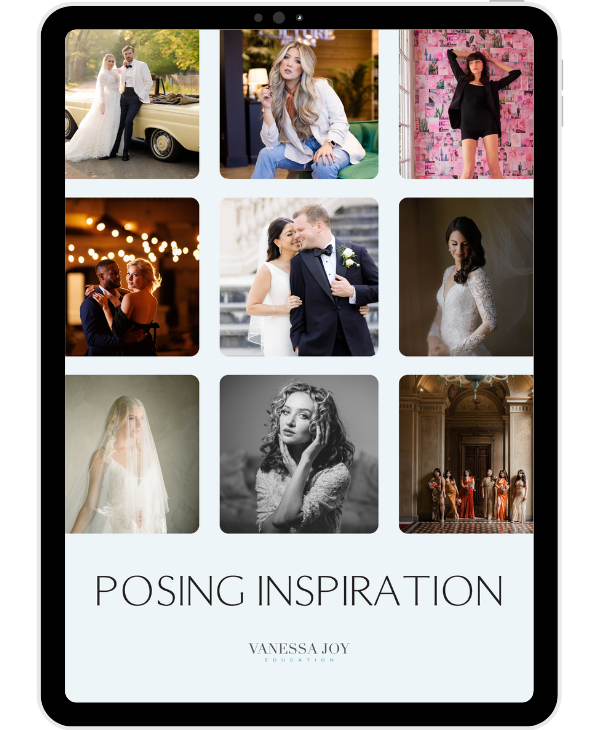Is this a VIDEO or PHOTOGRAPHY Camera? | Canon EOS R8 Review

Hi there! Today, I want to talk to you about the Canon EOS R8 from my personal experience. I'm Vanessa Joy, a Canon Explorer of Light, and I finally got the chance to use this camera. I apologize for taking so long to create this video, but I don't like giving you just spec sheets. Instead, I prefer providing tangible, real-world information. Recently, at WPPI in Las Vegas, I had the opportunity to get my hands on the Canon EOS R8, and I used it to do a budget photography gear shootout, which you can check out on my channel. I also used it while photographing a friend of mine's daughter inside the Canon booth.
Admittedly, my circumstances were ideal, and it wasn't exactly a real-world situation on a paid job. I only got to use it for a short amount of time, 15 minutes, so please take my experience with a grain of salt. I have been using Canon throughout my entire 24-year photography career, so naturally, I love the equipment and am familiar with it off the bat.





Now, let's talk about the specs of the Canon EOS R8. It has a full-frame 24.2-megapixel CMOS sensor and dual-pixel CMOS AF. It shoots uncropped 4K movies at up to 60 FPS, which is oversampled from 6K. You can record for a max time of two hours, and the EVF has 2.36 million dots. The camera also has a very angled touch screen that is helpful for getting different angles.
One of the weird things off the bat about the EOS R8 is that it's a full-frame sensor while the R7 is a crop sensor. Typically, the way that the Canon lineup goes is the higher the number, the higher quality of the camera. For example, the R3 is like the top of the line for the mirrorless, then the R5, R6, R6 Mark II, and so on, with the R10 being more towards the bottom of the line, and the R50, which we'll talk about in another video, being even below that. So, it's a little bit strange, and if you're familiar with the Canon lineup and how they name things, it might disrupt your thinking.





The Canon EOS R8 goes for $1,499, which is a little bit higher, so it's not the lowest on the price totem pole of Canon mirrorless cameras, but it's not also the R5 or the R3. The camera has one SD card slot and takes the RF line of lenses. Or, using a $99 adapter, you can also use any of the EF mount lenses and third-party lenses.
Overall, my experience with the Canon EOS R8 was great. The image quality was fantastic, and the camera was easy to use. However, keep in mind that my experience was limited. Nonetheless, I highly recommend this camera, especially if you know Canon's lineup.
Are you ready to stop guessing and start growing your photography business with proven strategies?
My Mastermind program is designed for photographers who want to scale, find freedom, and build a business they truly love. Inside, you’ll get personalized coaching, step-by-step guidance, and the community support you need to thrive.
See if it’s the right fit for you: https://www.breatheyourpassion.com/photo-insiders-mastermind-optin

Want my Lightroom Presets? Here's your way to the shop: https://vanessajoy.samcart.com/products/the-complete-editing-bundle
